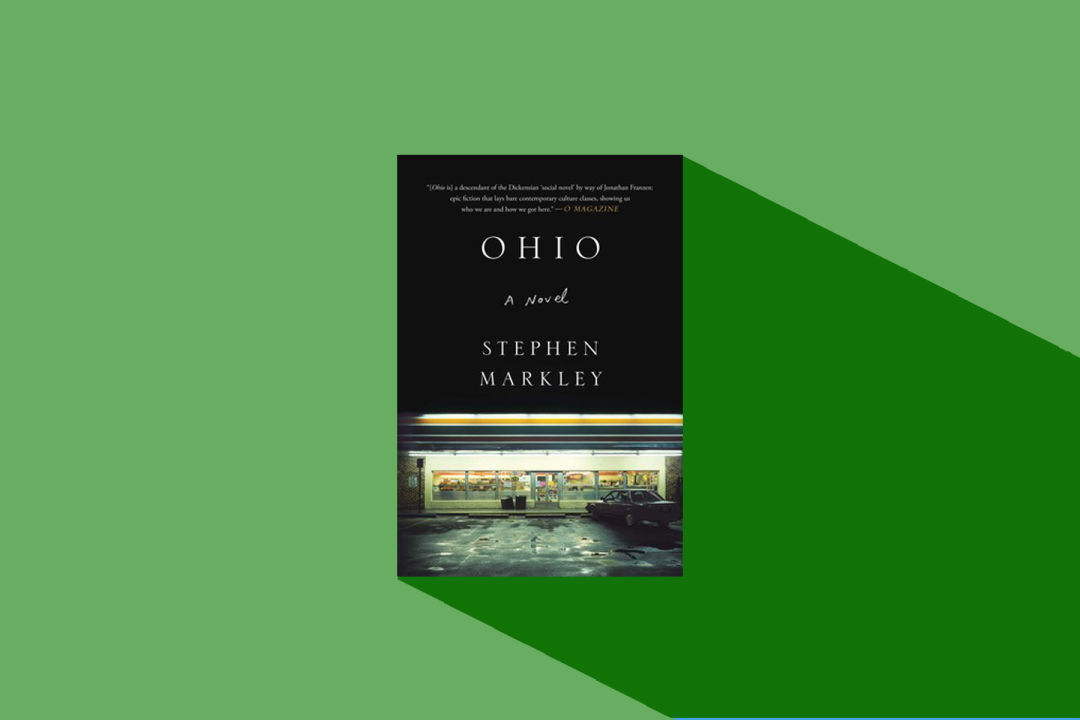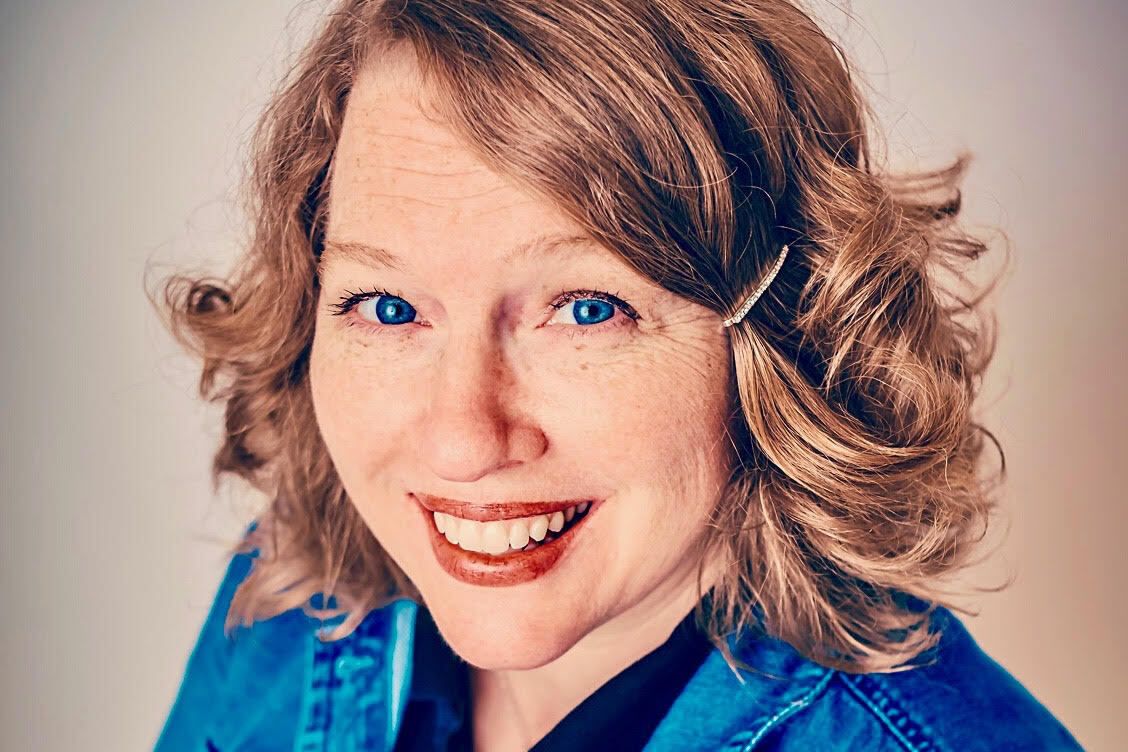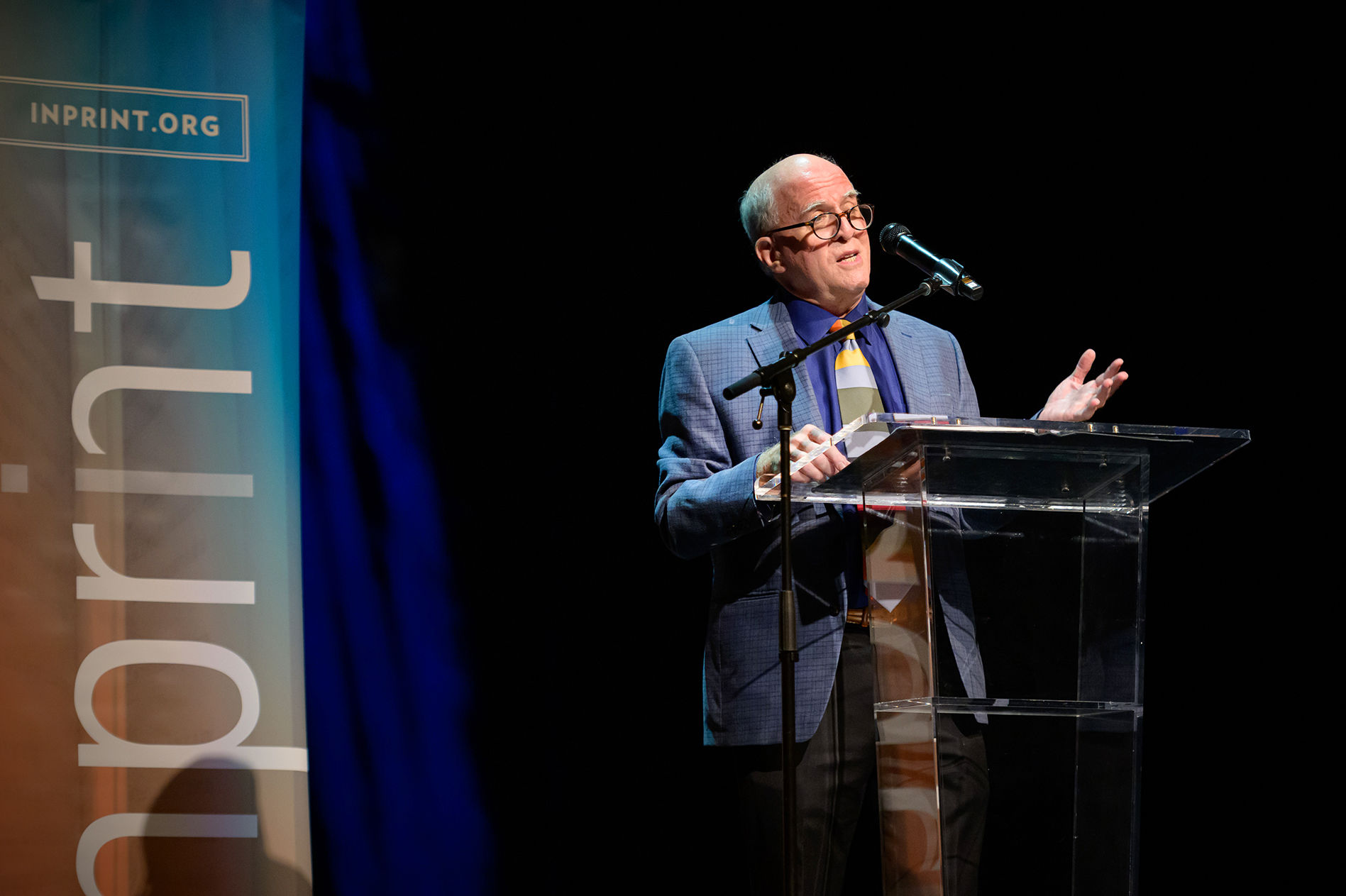Stephen Markley Thinks You Should Give The Catcher in the Rye a Break

Image: Courtesy of Simon & Schuster
Stephen Markley is bringing Ohio to Houston.
Markley’s debut novel, named after the state in which it takes place, was recently released in paperback after garnering critical acclaim and becoming a national bestseller. Ohio follows four high school classmates as they reconvene in their hometown of New Canaan and grapple with the consequences of their pasts—and particularly the local legend of “The Murder That Never Was.”
As part of his paperback tour, Markley will be reading at Brazos Bookstore on Monday, June 10. We caught up with Markley to talk about trying to experience your own work as a reader, why being a teenager is terrifying, and encountering books at the right age.
Titling a book after an entire state can be pretty declarative. When did you know that you wanted Ohio to be the title?
I had run through a series of overlong, try-hard titles. And my editor and my agent were really after simplicity. At first, I resisted the single-word state title for a lot of the reasons one might suspect: I didn’t want to put a stamp on my book saying I speak for a state or a particular group of people or anything like that. But I had enough conversations with a mentor of mine, Ethan Canin, who helped me come around to it.
The cadence of the word “Ohio” is really beautiful, the way the vowels roll. And once I looked at it in that sense, it began to grow on me. And now I’m very happy with it.
Have you had any interesting reactions from other Ohioans?
Really, the most gratifying thing has been people reaching out and telling me what parts of the book moved them. In particular, people who are from families or know people who struggle with heroin or opiate addiction—that’s something I get an awful lot of, people coming up to tell me some very harrowing and sad stories. But it’s good. When you’re approached by somebody and you can tell what you’ve written has impacted them in some way, that’s not something you can easily wring out as a writer or artist. So that makes it feel very gratifying.
Bill, Stacey, Dan, and Tina’s stories have some overlap throughout the book. How did you decide what order you wanted to put their narrative threads in?
Yeah! That’s interesting, because all of their sections were in a different order when I first submitted the book. And part of what happened was that I got good advice. Sometimes it’s hard when you’re the author to see your own thing. And Tina’s section originally was not the last section. And I will never forget my agent basically saying to me I was insane if it wasn’t the last section. It moves so fast and is so terrifying that if you jam it in before the end, people are going to have such a comedown with Dan’s section. And I was like, “Oh my God, that’s so obvious! How did I not see that?” I’ve read this thing 20 times. (Laughs.)
The ultimate shape of the book could have gone in a few different directions, so it took me a little while to implement those pieces in the right way.
Throughout the book, we hear snippets from every character about “The Murder That Never Was.” It’s such a fun and striking phrase. How did you come up with it? Were there other versions of it?
That’s one of the few things that never, ever changed, even from the earliest memories I have of constructing the idea of the book. I just had that weird phrase in my head. At first I didn’t even really know what the phrase related to, and the story sort of grew up around that. Originally it was just like how everyone’s hometown has those weird urban legends or myths, and I knew this town had one at the center of it. It was always sort of there.
There’s a passage in the book where Bill is thinking about how adolescent identity is odd because it’s “formed mostly for hypermasculine young men by their chosen extracurricular activity.” How can people break out of that mindset?
I think that’s such a difficult thing to do as a teenager. Put aside the power of hormones, and just the sense that you’re discovering everything for the first time, and everything is brand-new—you’re also beset by every sort of force. Whether it’s cultural, or specific to a region, or your gender, race, sexuality—you’re beset by those forces, and you’re sort of powerless to do anything about it. Even if we believe we’re moving into a more awoken age, that’s still going to be incredibly pernicious and difficult for teenagers to overcome. The power of the people around you in high school—you’re so at the mercy of your peer group, and it’s not something you can easily overcome.
You’re at a place where your emotions are already at a 37 out of 10 anyway, and it’s so hard to know what to do with some of those feelings at that age. And I think that’s why stories about being a teenager are so fascinating, even to adults—let alone to teenagers.
There’s definitely that subset of adults that are like, “The Catcher in the Rye is the worst book; I don’t want to read about an entitled teenager.” And then there’s the other side, which includes me, that recognizes that that’s what it’s like to be a teenager. And it’s annoying and awful and kind of perfect.
Yeah! That’s such an interesting point. I was just talking about this with a friend: How if you don’t discover The Catcher in the Rye or On the Road at the right age, it makes absolutely no sense to you and seems trivial. I read The Catcher in the Rye when I was a teenager and was like, “Holy shit! This is amazing.” And then I read On the Road when I was too old. I was like 24, I think, and I just thought, “This guy sucks. Who cares about this dude?” You have to catch some of those books at the exact right age, or they just don’t translate.
You’ve published nonfiction books, but this is your first novel. How has Ohio being out for nearly a year changed your life?
It’s night and day, really. With my first few books, they were not successful endeavors, which is fine. Writers go through growing pains, and that’s something I had to work out on my own. But Ohio has had such a strong reaction—not to be too much of a capitalist about it—but there’s enough success where I’m not worried about having to pay rent anymore. And that’s a big difference in the life of a writer! I’m not sweating because I haven’t gotten my freelance check for $50, which was most of my 20s and early 30s. (Laughs.) It’s put me in a position where I can write another book, I’m out in Hollywood trying to adapt Ohio into a television show, and all of those dreams that I wanted to pursue—the potential is there and the possibility is there. It’s been a terrific year for me. And I’m trying not to take it for granted at all because I know all of that can evaporate. But for now, it’s been really cool.
Stephen Markley, June 10 at 7 p.m. Brazos Bookstore, 2421 Bissonnet St. More information at brazosbookstore.com.




